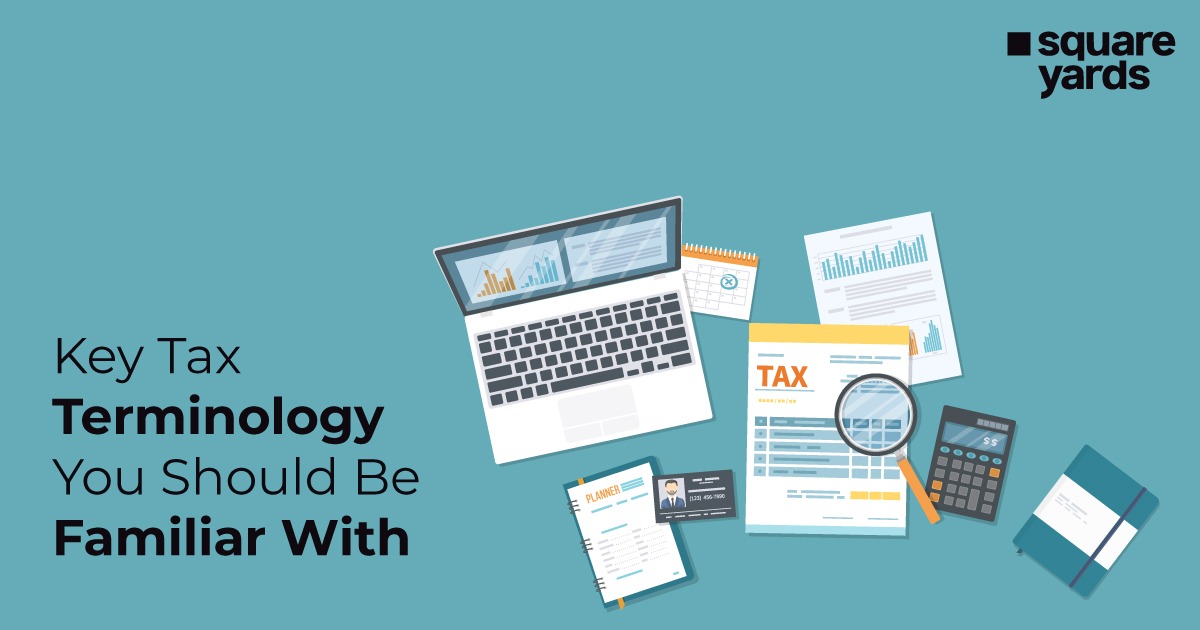After the introduction of the Goods and Services Tax (GST), the taxation dynamics related to property purchases have undergone significant changes. The implementation of GST for all under-construction properties nationwide has resulted in the replacement of various indirect taxes, such as VAT, Service Tax, and others, with a single, unified tax system.
While registration and stamp duty remain familiar taxes, there are additional components to consider.
The Income Tax Act of 1961 establishes distinct tax regulations for Indian residents and NRIs. The Act defines the criteria for determining residents and NRIs for taxation purposes, considering the duration of their stay in India.
Rules and Regulations Concerning Tax
There are two primary laws that govern and outline the regulations for Non-Resident Indians (NRIs) in India:
- Income Tax Act – Regulates the taxation responsibilities of NRIs.
- Foreign Exchange and Management Act (FEMA) – Oversees all transactions, investments, the opening of bank accounts, and other related matters involving NRIs.
What is the Meaning of ‘Accrues in India’?
This is explained in Section 9 of the Income Tax Act (it is important to note that this provision applies to all individuals, regardless of their residential status, when determining the income that accrues to them).
| Aspects | Result |
| Income originating from a business connection in India. Income derived from any property, asset, or income source in India. | If your response to any of the following is YES, the law considers these incomes to have accrued in India. |
| Capital gains resulting from the transfer of a capital asset located in India. Income obtained from employment services rendered within India. | |
| Income received as salary from the Government of India for services provided outside of India, while being an Indian citizen. | |
| Dividends paid by an Indian company, regardless of the location of payment. Interest, royalty, or technical fees received from the Central or State Government, or from specified entities under certain circumstances. |
Sale of Property: TDS and Property Tax Paid by NRI
Property tax is an annual recurring fee that is paid by property owners, regardless of whether they are Indian citizens or NRIs. A one-time tax is also applicable during the property purchase, which is paid through Tax Deducted at Source (TDS). The property tax regulations differ slightly for NRIs compared to Indian residents. NRIs are required to adhere to Section 195 of the Income Tax Act.
- TDS is payable to the income tax department, regardless of whether the property seller or buyer is a resident of India or an NRI. A 1% TDS is to be deposited, calculated based on the total sale proceeds.
- Regardless of the transaction value of the property. Even if the property value is less than Rs. 50 Lakhs, TDS still needs to be deducted.
What is Capital Gains?
The amount on which TDS is required to be deducted on the sale of property by an NRI is deducted under Section 195 and is ideally based on the computation of capital gains. However, the seller is not authorised to calculate the capital gains and must seek assistance from the income tax officer.
- To compute the capital gains, the seller needs to submit an application on Form 13 to the Income Tax Department and request that they determine the capital gains. Filing this form can be complex, so the seller may choose to engage the services of a chartered accountant to handle the application with the Income Tax Department.
- Once the Income Taxation Department calculates the capital gains, they will issue a certificate for Nil/Lower deduction of TDS, depending on the gains arising from the property sale.
- The seller must provide this certificate to the buyer, who will then deduct the TDS according to the rates specified in the income tax certificate.
- If the seller fails to obtain this certificate from the Income Tax Department, the TDS should be deducted based on the Total Sale Price rather than the Capital Gains. Hence, it is crucial for the seller to obtain the certificate from the Income Tax Officer.
- If the TDS is wrongly deducted or not deducted at all, the Income Tax Department will not take any action against the seller but will pursue the buyer of the property to deposit the TDS. If the buyer forgets to deduct the TDS or deducts an insufficient amount, the Income Tax Department will recover the TDS from the buyer.
| FYI NRIs should also be aware that income from renting out a residential property, which is commonly referred to as the annual value, is taxable under the category of “Income from House Property.” However, they are eligible for certain deductions, including a standard deduction of 30% for repairs and maintenance, as well as deductions for municipal taxes. Additionally, a deduction of up to Rs 2 lakh is permitted for the interest paid on any loans taken for the said property. |
Frequently Asked Questions
Q1.) Is an NRI obligated to pay tax in India for rental income from a property in India?
Ans. Indeed, NRIs are required to pay tax on the rental income earned from a property located in India.
Q2.) Is an NRI obligated to pay taxes in India on the rental income received from a residential property located in India?
Ans. An Non-Resident Indian (NRI) is required to pay taxes in India on the rental income generated from a property located within the country.





